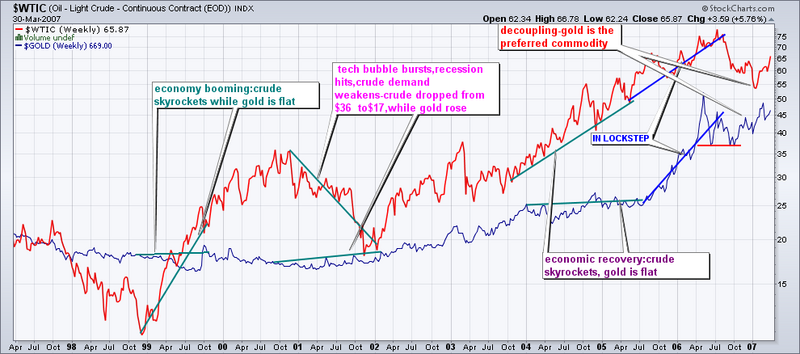I am always amazed when (mostly) intelligent people discuss economic issues without having the slightest idea of basic economic principles such as supply and demand. A typical example is the Peak Oil discussion, where many highly decorated geologists and other natural scientists usually end up announcing the end of the world because 'supply will not be able to meet demand'. One more example of such a study can be found here (Giant Oil Fields - The Highway to Oil). A peak oil discussion without mention of the price elasticities of demand and supply is worthless. It goes without saying that the above-mentioned study does not once contain the term ‘elasticity'.
What many natural scientists miss is the basic notion that both supply and demand are curves which depend on prices. The market price ensures that current supply equals current demand. Modelling future “supply” and “demand” without taking into account prices is nonsense and disqualifies all conclusions from such studies.
Non-economists usually strongly underestimate the dynamic impact of price changes. High prices do not only temporarily scare off people from buying, but they also set in motion a very powerful process of cutting down on the expensive product and of searching for alternatives. On the supply side, high prices bring online additional sources of supply which were not feasible at lower prices. However, both processes may need some time to take effect.
It is certainly possible that oil production is peaking; however, the relevant question is not when exactly that peak occurs, but what it means for prices. In my view, in the longer run, oil demand is quite sensitive to price. The bogeyman of 100$ per barrel of oil might be conceivable for a short while if oil supply is disrupted, however, it is probably currently far from any long-term equilibrium.
Sheikh Yamani, the former Saudi oil minister, summarized these thoughts appropriately when he said: “The Stone Age came to an end, not because we had a lack of stones, and the oil age will come to an end not because we have a lack of oil.”



Comment